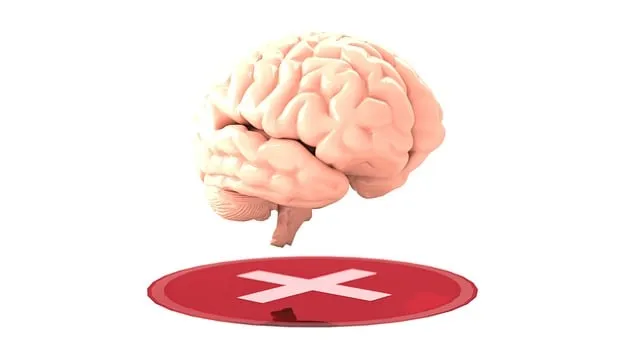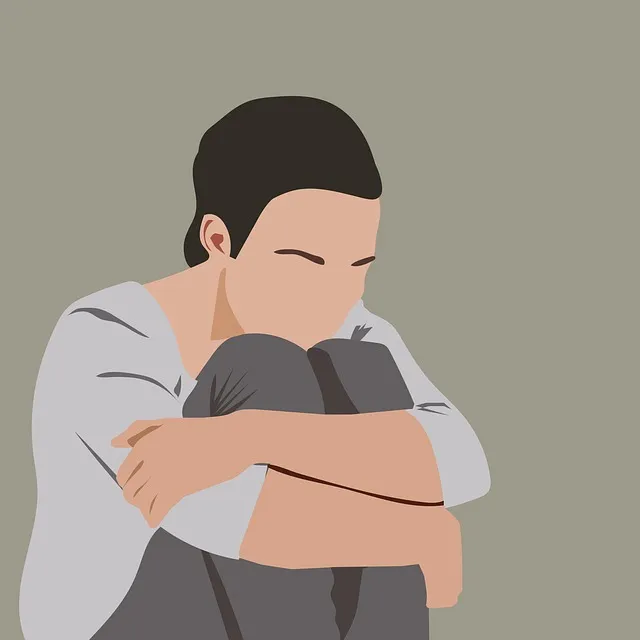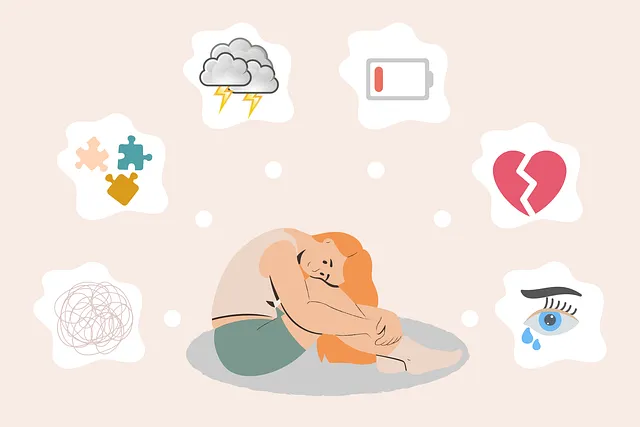Arvada Kaiser Permanente's psychiatry department offers critical crisis intervention services using evidence-based practices to stabilize patients during trauma, acute stress, or suicidal ideation. Their holistic approach includes community initiatives like Stress Management Workshops and Mental Wellness Journaling, fostering resilience and self-care. Active listening, empathy, and structured techniques empower patients with coping mechanisms, promoting emotional well-being in high-pressure healthcare settings and beyond.
In times of crisis, effective intervention can make a significant difference. This article explores strategies for crisis intervention, focusing on the vital role played by psychiatry and mental health professionals at Arvada Kaiser Permanente. We provide an overview of best practices, from understanding the basics to implementing supportive care and community resources within homes. Leveraging insights from Arvada Kaiser Permanente’s expertise, this guide equips readers with tools to effectively navigate and support individuals during challenging periods.
- Understanding Crisis Intervention: A Brief Overview
- The Role of Psychiatry and Mental Health Professionals at Arvada Kaiser Permanente
- Strategies for Effective Crisis Intervention
- Implementing Supportive Care and Community Resources at Home
Understanding Crisis Intervention: A Brief Overview

Crisis intervention is a critical component of mental health support, offering immediate assistance during moments of severe distress or danger. It involves a structured and strategic approach to help individuals cope with overwhelming situations, such as trauma, suicidal ideation, or acute stress. The primary goal is to stabilize the person, ensure their safety, and provide them with the tools to manage future crises effectively. This process requires specialized training and skills to navigate complex emotional states and facilitate positive outcomes.
Arvada Kaiser Permanente’s psychiatry department emphasizes the importance of crisis intervention as a key element in its comprehensive mental health care services. By implementing evidence-based techniques, healthcare providers are equipped to assist patients in regulating their emotions, developing coping strategies, and preventing burnout—essential aspects of overall well-being, especially for those in high-pressure healthcare environments. Enhancing Mental Health Awareness through crisis intervention training empowers individuals to recognize signs of distress early on and offer support, fostering a culture of care and resilience within communities.
The Role of Psychiatry and Mental Health Professionals at Arvada Kaiser Permanente

At Arvada Kaiser Permanente, Psychiatry and Mental Health Professionals play a pivotal role in crisis intervention strategies. They offer specialized care tailored to individuals facing mental health crises, utilizing evidence-based practices to stabilize and support patients. These professionals are equipped with the expertise to assess and treat a wide range of conditions, ensuring that each patient receives personalized guidance and treatment plans.
In addition to direct patient care, the team at Arvada Kaiser Permanente actively contributes to community well-being through initiatives like Stress Management Workshops Organization, Mental Wellness Journaling Exercise Guidance, and Community Outreach Program Implementation. These programs aim to foster mental resilience, promote healthy coping mechanisms, and increase access to mental health resources within the community. Such holistic approaches not only address individual needs but also work towards building a more supportive and resilient Arvada Kaiser Permanente community.
Strategies for Effective Crisis Intervention

In the event of a crisis, effective intervention strategies are vital to Arvada Kaiser Permanente psychiatry services. One key approach involves active listening and empathy, fostering an environment where individuals feel understood and supported during their time of distress. Mental health professionals should aim to validate the person’s emotions, reflecting back their feelings without judgment, which can help calm and engage them in the process.
Additionally, engaging individuals in open conversations about their experiences, thoughts, and triggers is essential. This can be facilitated through structured techniques such as Mental Wellness Journaling Exercise Guidance, encouraging patients to reflect on their emotions and identify potential stressors. Incorporating Stress Reduction Methods, like mindfulness or breathing exercises, during these interactions can further aid in managing acute crises and promoting mental health stability.
Implementing Supportive Care and Community Resources at Home

Implementing Supportive Care and Community Resources at Home plays a pivotal role in crisis intervention strategies, especially for organizations like Arvada Kaiser Permanente Psychiatry. By fostering a patient-centric approach, healthcare providers can enhance emotional well-being promotion techniques through tailored interventions. This involves connecting individuals with accessible community resources that cater to their unique needs during crises.
Effective crisis intervention guidance encourages the adoption of self-care practices that are readily available at home. These practices can range from simple relaxation techniques and mindfulness exercises to structured routines that support mental health and resilience. Integrating these strategies into daily life empowers individuals to navigate future challenges, fostering a sense of agency and promoting long-term emotional stability.
Crisis intervention strategies are vital for managing immediate risks and supporting individuals during traumatic times. As highlighted, psychiatric professionals at Arvada Kaiser Permanente play a crucial role in providing effective care. By combining evidence-based practices with compassionate support, as discussed in this article, we can enhance crisis intervention outcomes. Integrating community resources and promoting supportive environments at home further strengthens the overall approach. With proper guidance, healthcare providers can navigate these challenging situations, offering hope and healing to those in need, especially within the context of Arvada Kaiser Permanente psychiatry services.






